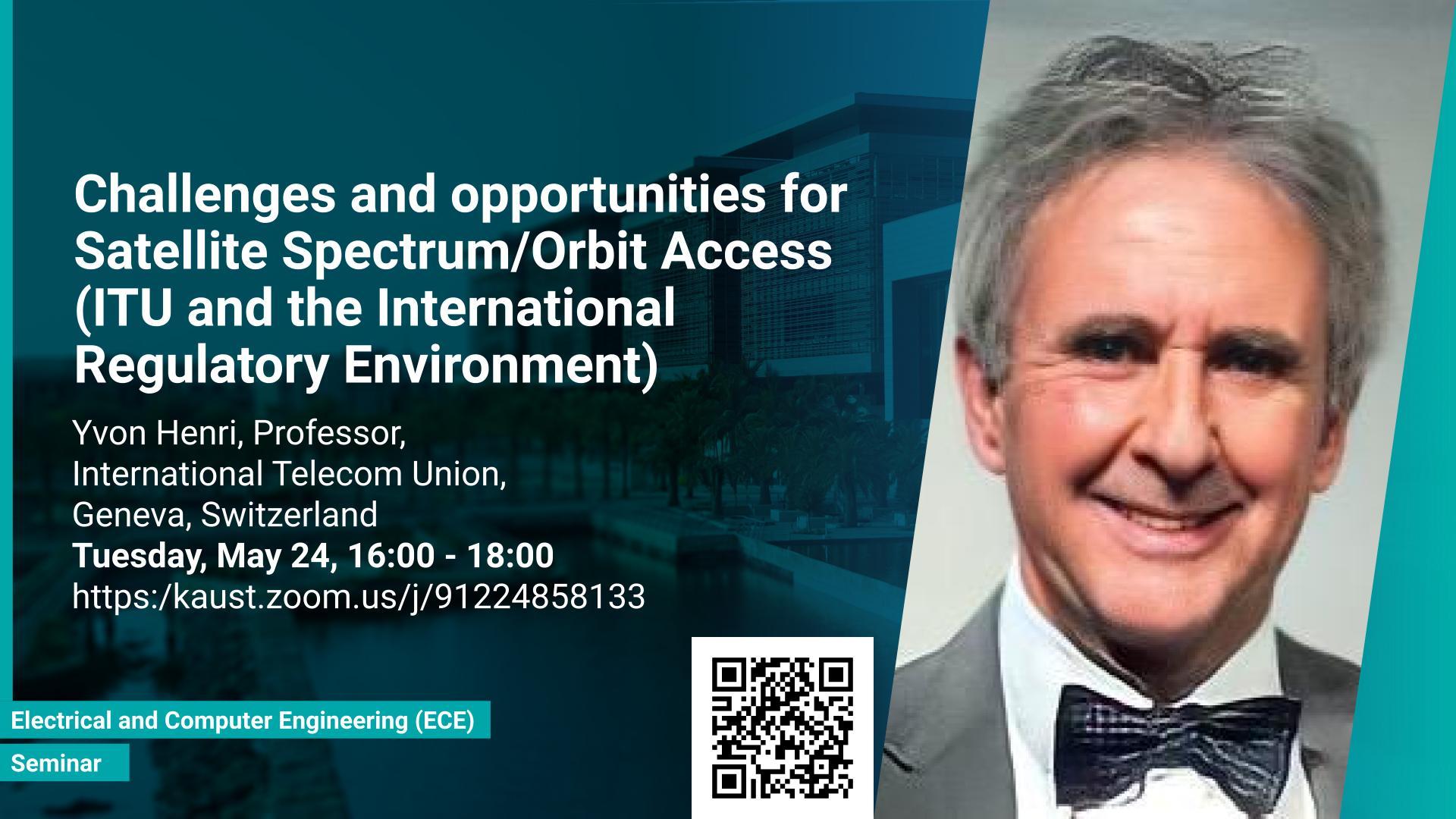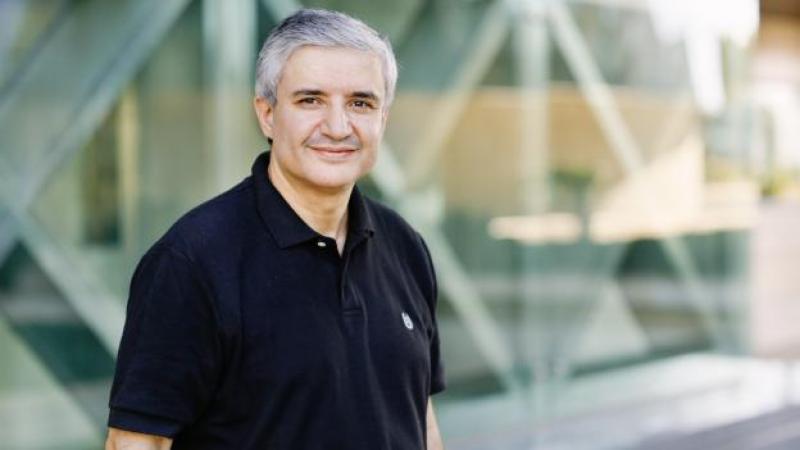Abstract
Noting that the trend of development and utilization of small satellite technologies is a global phenomenon, and it is expected to bring benefits to the entire world, including both developed and developing economies, this talk goes over different spectrum & orbit access issues related to the development and deployment of these small satellite networks.
Brief Biography
Before joining ITU in 1995, I have held various management positions at France Telecom (Paris, France) and INTELSAT (Washington DC, USA) and have been involved in the satellite business for more than 25 years.
ITU is the United Nations specialized agency for information and communication technologies – ICTs.We allocate global radio spectrum and satellite orbits, develop the technical standards that ensure networks and technologies seamlessly interconnect, and strive to improve access to ICTs to underserved communities worldwide.ITU is based in Geneva, Switzerland, and its membership includes 193 Member States and more than 700 Sector Members and Associates.
Within the ITU, the Space Services Department is responsible for managing the procedures for registration of all space system frequency assignments (satellite and Earth and radioastronomy stations)in accordance with the ITU Constitution and Convention, including the Radio Regulations. The Department is also providing assistance and support to administrations, operators, and frequency
assignment customers on all issues related to space service frequency management.

